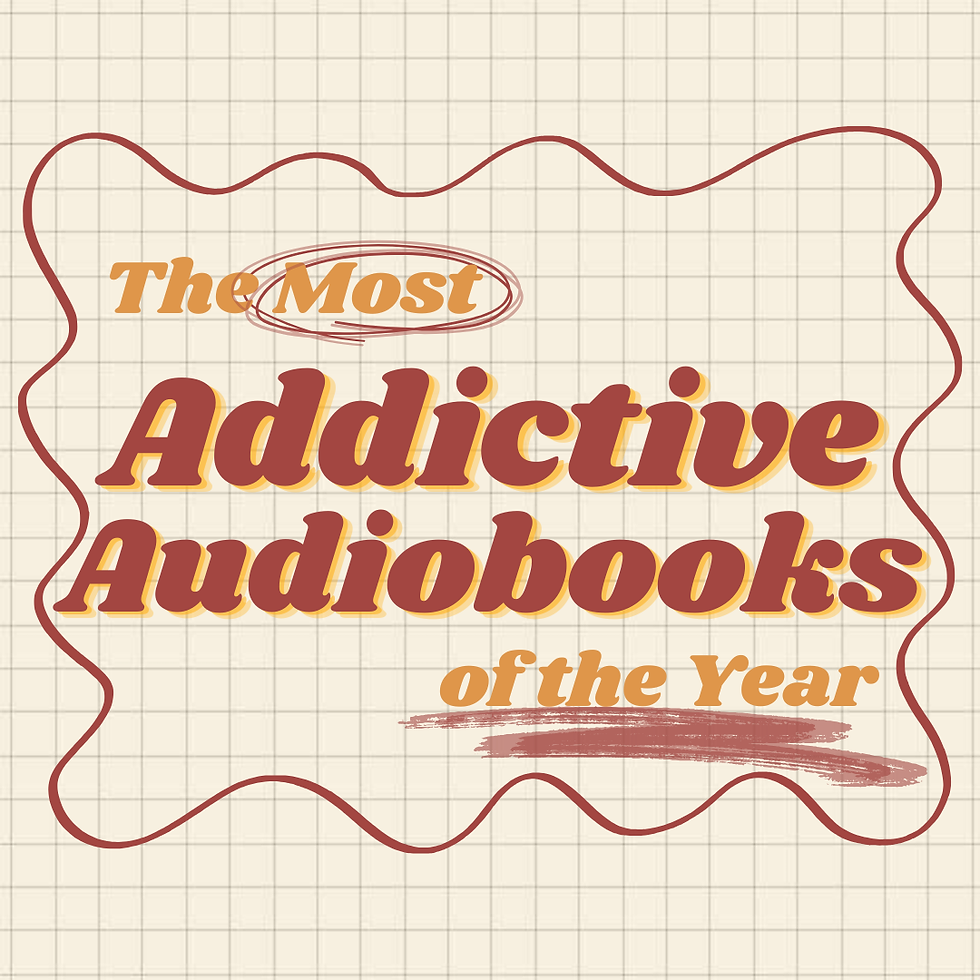Societal Scrutiny and Confronting Bias: A Look into the Booker Prize 2020 Longlist
- The Publishing Post

- Aug 16, 2020
- 3 min read
As we plunge deeper into the Orwellian-tinged reality that 2020 has imagined for us, many a reader has waited, with bated breath, the announcement for the 2020 Booker longlist. A longlist which did not disappoint. Gifting us a dynamic female-centric longlist, with eight of the Booker’s Dozen being debut novelists, the Booker demonstrates an evolutionary, progressive moment for the award. This year’s longlist supports many politically charged novels; spanning from Diane Cook’s exploration of climate change and Tsitsi Dangarembga’s social commentary of the Black female experience in modern Zimbabwe to C Pam Zhang’s depiction of the “American dream” through the lens of marginalised Chinese-American immigrant children. Such a political longlist is particularly punctuated by the recent arrest of Dangarembga in Zimbabwe for her peaceful participation in an anti-corruption protest. Such must be a reminder to us of the political prevalence of literature, and such influential awards, in the fight against abhorrent social injustices and conflicts throughout the world.
Booker Longlist 2020
Diane Cook – The New Wilderness
Tsitsi Dangarembga – This Mournable Body
Avni Doshi – Burnt Sugar
Gabriel Krauze – Who They Was
Maaza Mengiste – The Shadow King
Kiley Reid – Such a Fun Age
Douglas Stuart – Shuggie Bain
Brandon Taylor – Real Life
C Pam Zhang – How Much of These Hills Is Gold
Anne Tyler – Redhead by The Side of The Road
Sophie Ward – Love and Other Thought Experiments
Colum McCann – Apeirogon
Gabriel Kauze’s profound debut autofiction novel Who They Was documents a young boy navigating gang culture and completing a degree at Queen Mary’s University. The gang violence, in which he is embroiled, is set to the South London landscape of violent crime, police cells and dangerously clad tower blocks. Having grown up within a Polish family, Krauze offers a narrative that starkly explores a brutally honest depiction of London city life for young boys entering manhood. Though not a person of colour, his heavy affiliation to gang violence does not afford him the privilege of whiteness, and so continues to combat prejudiced forces. Krauze’s protagonist offers a conflicted and layered political discussion of identity and what it means to exist at the heart of a community in which violence is “the punctuation of their reality.”
Scrutinising a deeply entrenched racial bias in America, Kiley Reid’s debut Such a Fun Age offers a powerful yet satirical social commentary traversing what it means to be a Black woman today. This necessary novel begins by demonstrating the inherent politicism that permeates blackness and black identity when a young black woman is accused of kidnapping the white child she is babysitting. However, the crux of this novel is calling time on the white saviour complex and the fetishisation of blackness as exposed through Alix and Kelley’s characters. The well-meaning white liberal is confronted throughout this novel for their subconscious bias and their hegemonizing of racial discussions. Reid’s movement away from equally-necessary narratives of violent racism further adds to the rich tapestry of modern racial discourse that is rightfully at the forefront of recent literary releases.
In his debut novel Shuggie Bain, Douglas Stuart – born and raised in Glasgow himself – tells the heart-wrenching story of a working-class Glaswegian family in the 1980s. The city is hurting from Thatcher’s policies, with unemployment rates and a drug crisis overwhelming their sense of normalcy. In these conditions and neglected public housing, we find a young boy, Hugh “Shuggie” Bain, struggling to come to terms with his place in the world. His mother suffers between bouts of alcoholism and sobriety, and his siblings’ care over him is slowly shifted to caring for their out-of-control mother. On the outskirts of society and his own family, Shuggie is the only one who holds out hope for his family’s destiny. Stuart’s raw depiction of this working-class family’s struggles presents the hard-hitting truth of the effects of Thatcher’s policies, and the class divide we still experience today.
These three novels represent a Booker longlist which seeks to bring politics into the forefront of fiction. The Booker’s Dozen scans a whole range of political and social issues in today’s society. Still, novels like Such a Fun Age and Real Life may seem particularly pertinent in the wake of the Black Lives Matter movement, as they assess the bias and prejudices that people of colour face in a predominantly white setting. With more than half of the longlist being debut novels and primarily written by women, this year’s list seems fresh and regenerative, able to examine and redefine issues in contemporary society. Thus, in a world whereby combating social injustice must remain at the cultural frontline, it is encouraging and exciting seeing the breadth of politically charged novels in this year’s Booker Prize.
















